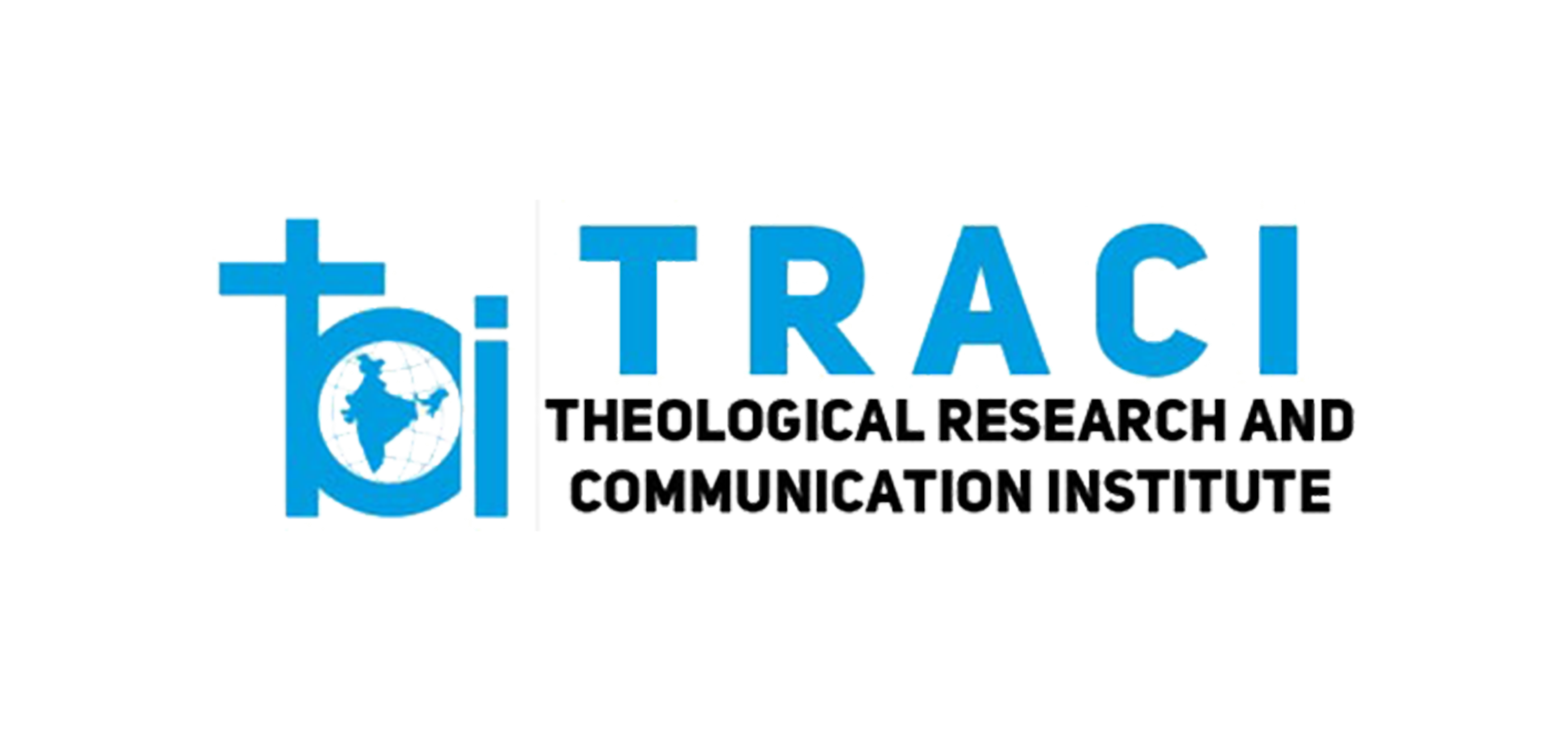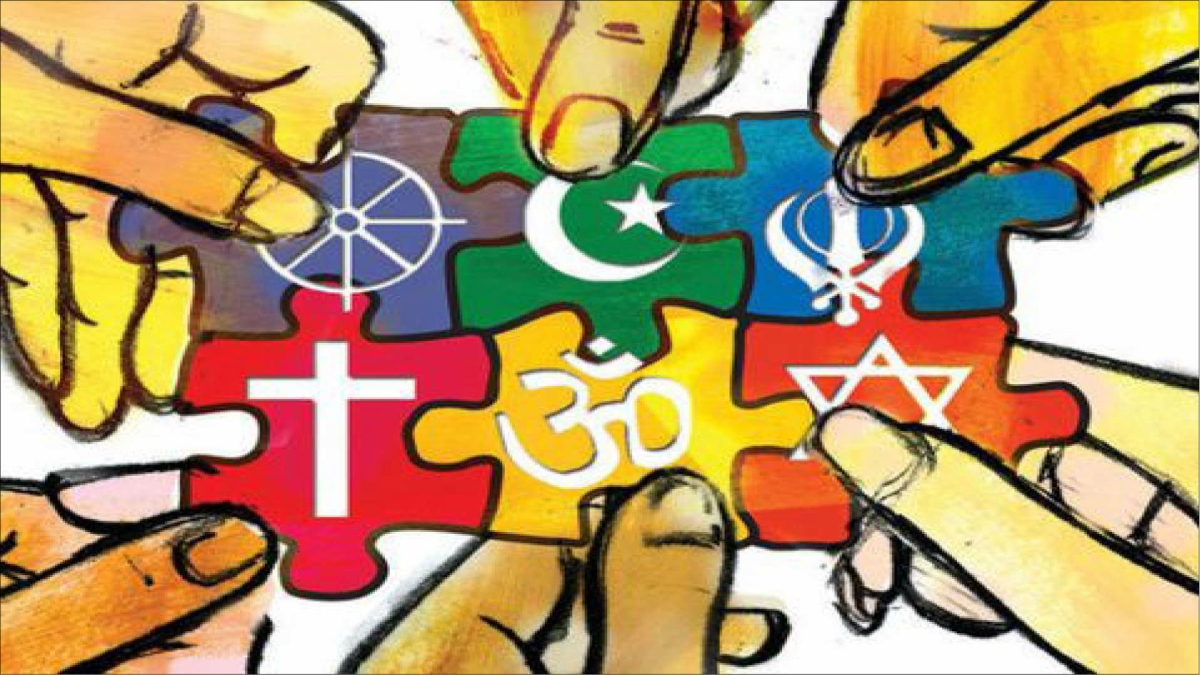Constitution of India gives every person the right to freedom of conscience and the right to freely profess, practice and propagate religion. Freedom of conscience denotes a person’s right to entertain belief and doctrines concerning matters regarded by the person as conducive to spiritual well being. Conscience also refers to the moral compass guiding the actions of an individual including political belief one may find appealing. Constitution not only protects the right to entertain beliefs, religious or otherwise, but also exhibit the beliefs by way of overt acts. Article 25 further gives the right to disseminate one’s religion[1].
While article 25 grants/protects rights at an individual level, article 26 grants rights to a body of religious denominations to manage their affairs in matters of religion. No right under the Constitution is absolute and therefore right to freedom of religion are subject to restrictions imposed on grounds of public order, morality and health. Courts have held that right to profess and practice one’s religion does not give a person to offend another person’s religion. Restrictions on use of loudspeakers during worship have also been held to be reasonable.
Freedom of religion, a constitutionally guaranteed right, seems illusory when faced with threats of violence and ridicule by those opposed to free profession, practice and propagation of one’s faith. The Freedom of Religion laws (as they are called) in force in various States of the county have not only put unconstitutional restrictions on the right to practice one’s religion but also have become a tool to achieve political ends. Under the Freedom of Religion laws selection of one’s religion, a private affair between an individual and his creator, has become a matter of public debate subject to administrative decision of the executive. Supreme Court of India’s decision in Rev. Stanislaus v State of Madhya Pradesh[2] upholding validity of Freedom of Religion Laws in Madhya Pradesh and Odisha have held authority since 1977. Supreme Court of India in Stanislaus judgment held that right to propagate one’s religion does not include the right to convert. The judgment in Rev. Stanislaus though criticized has held authority for over four decades and calls have been made for fresh look into the decision in light of recent decision upholding right to privacy as a fundamental right.
Practice of religious affairs have also been subject to judicial decisions. Courts in India have applied constitutional provisions to religious practices to end discrimination. Supreme Court in Sabarimala[3] judgment held the practice of exclusion of women from religious worship as discriminatory[4]. The practice of triple talaq under the Muslim personal law was found to be unconstitutional[5] by the Supreme Court of India. The judicial attempt to reform discriminatory practices in religion using constitutional measures have been opposed by religious sects and denominations.
-Febin Mathew Varghese, Advocate based out of Delhi
[1] Article 26 of the Constitution of Nepal states that No person shall convert another person from one religion to another or any act or conduct that may jeopardize other’s religion.
[2] (1977) 1 SCC 677
[3] Indian Young Lawyers Association v State of Kerala (2019) 11 SCC 1
[4] The decision is subject matter of review before the Supreme Court of India presently
[5] Shayara Bano v Union of India (2017) 9 SCC 1

